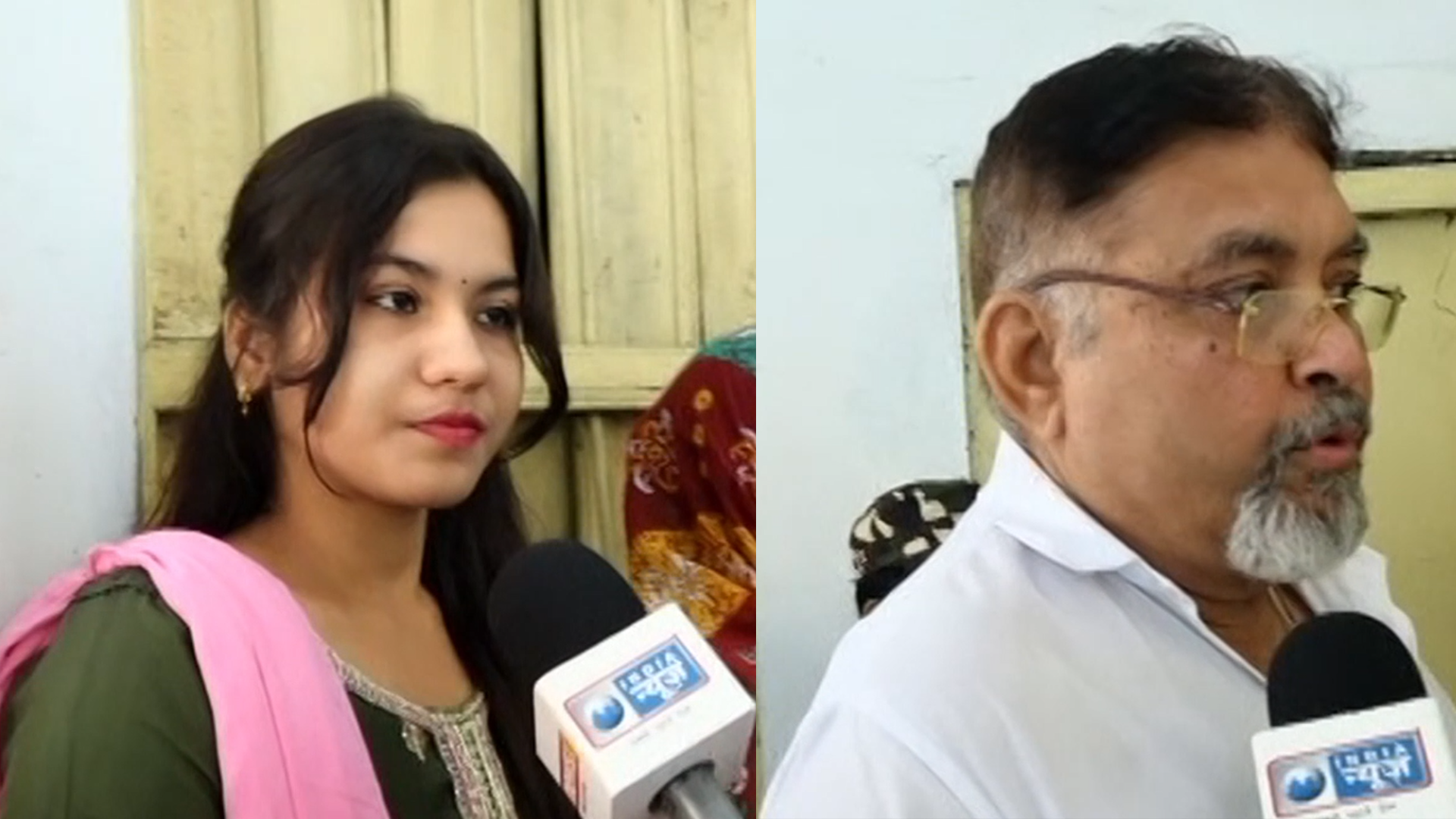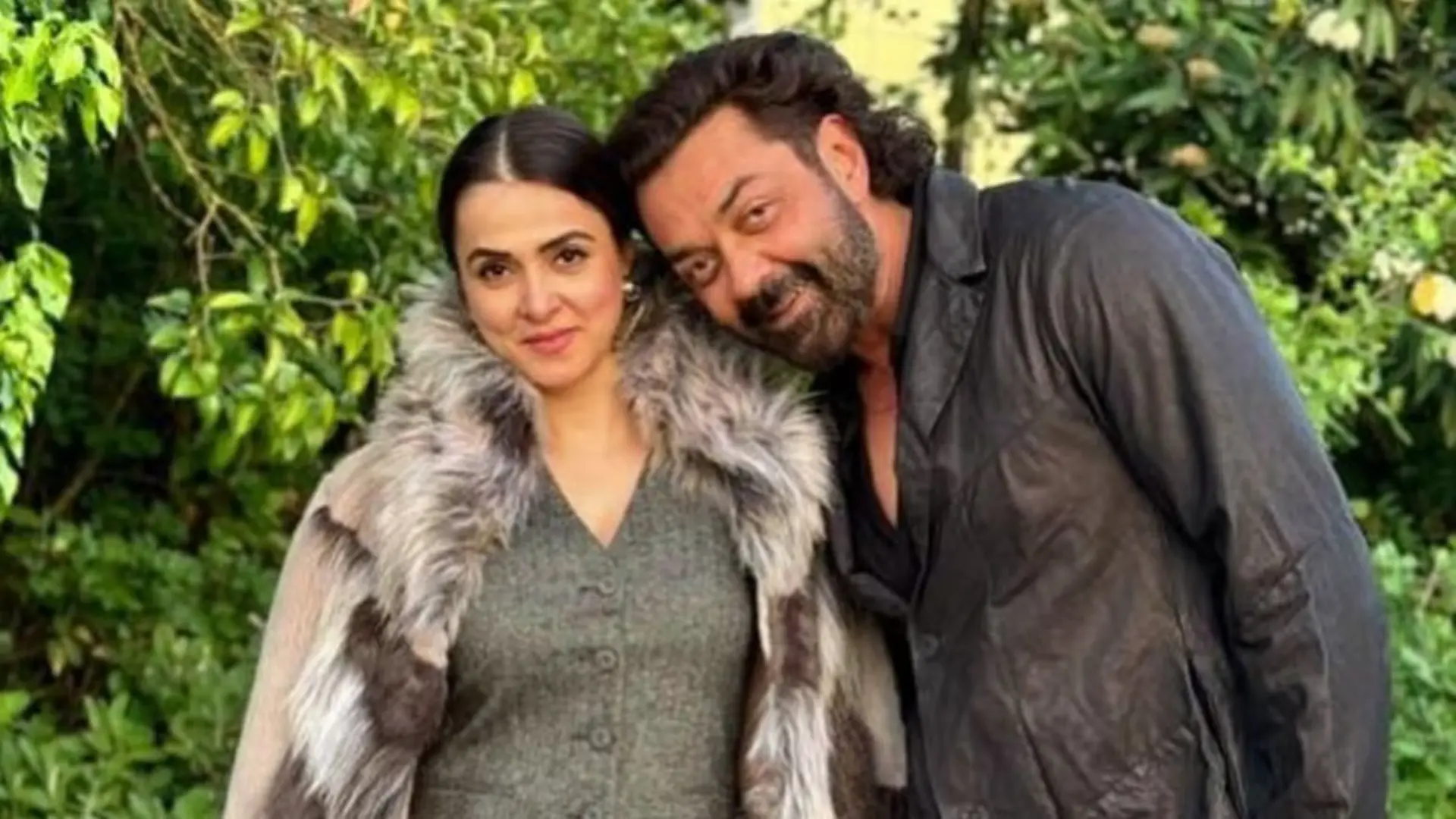With the current political landscape in the country, the electoral symphony of democracy continues its vibrant crescendo. Today heralds the third phase of the Lok Sabha Elections, a pivotal chapter in the tapestry of India’s democratic journey. With 94 constituencies poised to cast their votes across diverse landscapes, this phase promises to be a compelling saga of political engagement and citizen empowerment.
Notably, the election in the Anantnag-Rajouri constituency in Jammu and Kashmir has been rescheduled to May 25. The phase 3 focuses on BJP strongholds, especially in Gujarat where the party won 72 out of the 93 seats, being contested today, in the 2019 elections. During the third phase, voters will decide on 2 seats in Goa, 25 in Gujarat, 7 in Chhattisgarh, and 14 in Karnataka, marking the conclusion of elections in these states. Earlier, Karnataka witnessed contests for 14 seats during the second phase on April 26. Voting will also take place for 2 Lok Sabha seats in Dadra and Nagar Haveli and Daman and Diu. Additionally, polling will occur for 4 seats in Assam, 5 in Bihar, 7 in Chhattisgarh, 8 in Madhya Pradesh, 11 in Maharashtra, 10 in Uttar Pradesh, and 4 in West Bengal. The election date for the Anantnag-Rajouri Lok Sabha seat in Jammu and Kashmir has been shifted to May 25, during phase 6.
Against the backdrop of the third phase of the Lok Sabha Elections, queues of people have been formed at the seven thousand three hundred and sixty booths in the four constituencies in the state of West Bengal, namely, Maldaha Uttar, Maldaha Dakshin, Murshidabad and Jangipur. The people standing in the long lines to vote have wide ranging agendas for taking active part in the third phase of the Lok Sabha Elections.
#WhosWinning2024 | Voters head to polls in Kolkata! Hear the voters speak with Rainik Dutta about the key poll issues as they go to vote for their representative to Parliament. (@ranikdutta)#LokSabhaElection2024 #Elections2024 #Phase3 #VotingDay #LokSabhaPolls… pic.twitter.com/eAM7hxDAt0
— NewsX World (@NewsX) May 7, 2024
Talking about their reasons to come out and vote early in the morning on Tuesday, one of the voters noted that there is a requirement of development in India and that is the only agenda and issue that they wish to address through their votes in this election. “There is nothing beyond development that we require. We only need employment for everyone and someone to protect the constitution,” the voter mentioned that they wish to elect the person who would listen to and fulfull the requirements of the common people. Another voter mentioned that everything is good for the country and the Prime Minister of the country is also very good.
The voters’ response to the polling and their reasons to vote for their chosen candidates and party reflect a positive image of the democratic process of elections in the country. While most of the voters present at the polling booth were motivated by the idea for progress and development in the country, several others were taking part in the electoral process only to exercise their right to vote and to be an active part of the huge event being celebrated like a festival, that is, the Lok Sabha elections of 2024.
The security of the four constituencies had also been ensured by the Election Commission of India to make sure that electoral pocess was conducted smoothly, without any disruptions. A total of three hundred and thirty-four CRPF troops along with the West Bengal Police Force had been deployed.
The Lok Sabha Elections for the year 2024, is being celebrated across the coutry, in seven phases. With the third phase being conducted on 7 May, the rest are scheduled to take place on May 13, May 20, May 25 and June 1.
The third phase of the 2024 Lok Sabha Elections in India marks a pivotal moment in the country’s democratic journey. As voters in 94 constituencies across diverse regions cast their ballots, the electoral symphony continues to resonate, showcasing the resilience of India’s democratic process.
The participation of the people in the third phase, as evidenced by the long queues at the polling booths in West Bengal, reflects the deep-rooted commitment of the Indian electorate to the democratic process. Voters’ diverse motivations, ranging from the pursuit of development and employment to the desire to exercise their fundamental right, paint a vibrant picture of the country’s democratic ethos. As the Lok Sabha Elections progress through the remaining phases, the nation eagerly awaits the culmination of this democratic symphony, confident that the will of the people will be faithfully represented.


















